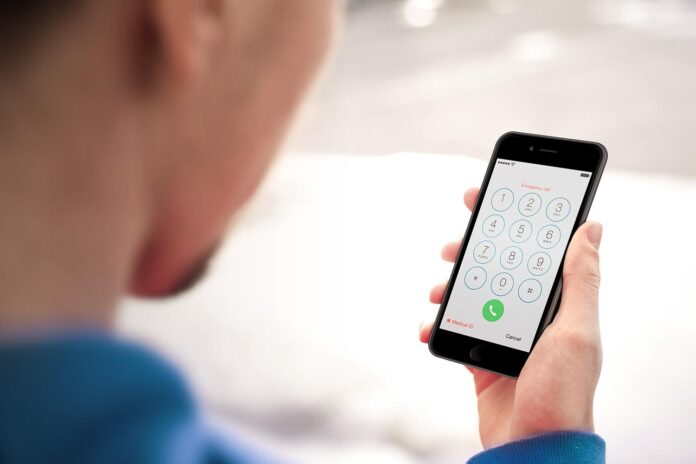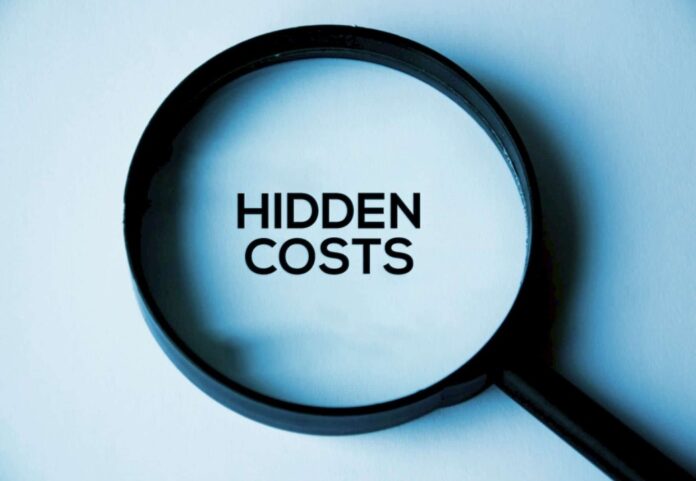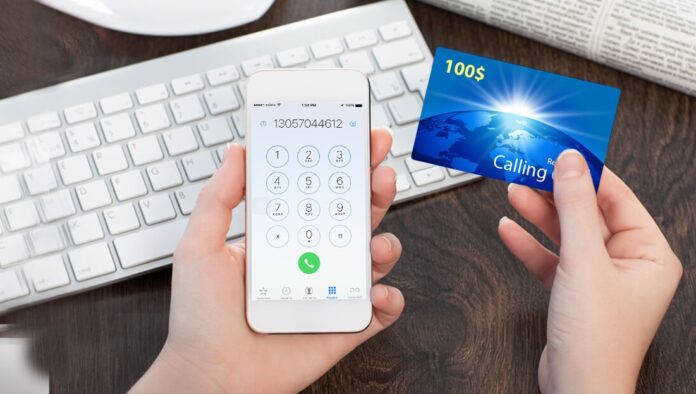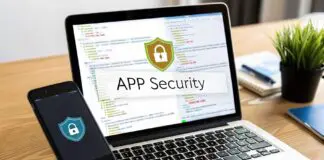Calling cards are still one of the most common ways to call friends and relatives in other countries, particularly those who reside in underdeveloped nations or who have inconsistent or no internet access. In terms of how to utilize them, it’s usually a straightforward three-step procedure:
- Make a call to the Local Access Number.
- Fill enter your PIN.
- Enter the international phone number.
There is no need to download an app or install a SIM card; you can simply use any phone or landline.
They usually come in two different types

- Calling cards that can be used just once (disposable), or;
- Rechargeable
However, the calling card sector has its own set of scams and drawbacks that frequently catch the typical customer off guard, putting them out of pocket — you’d be amazed at how many different ways certain calling card providers generate more money at the cost of their own customers.
When it comes to buying calling cards, the greatest protection against being ripped off is to follow a set of sound guidelines. Following these guidelines will offer you a better chance of getting your money’s worth.
Avoid calling cards with connection costs (sometimes)
Connection fee? What is this exactly?
A connection fee is a cost that is charged once you have established a successful connection, whether it be with the person you intend to talk with or even if you connect to the voicemail of the person you wish to contact.
I usually advise against using these types of cards since they are there to exploit the customer. Is it necessary to avoid all cards that charge a connection fee? Certainly not.
“Some firms provide calling cards with connection costs but significantly lower calling rates; nevertheless, always check to see whether this is still a fair value based on the amount of time you’ll be talking.” nzphonecards.co.nz, JT
These are designed for customers who frequently make calls that last more than 60 minutes; in this instance, you may discover that you save a significant amount of money over time.
Look for any hidden costs

Because the calling card market runs on razor-thin margins, with some cards breaking even or even losing money (depending on where you call), these businesses must recuperate their losses.
There’s nothing wrong with it, and it’s standard business practise across the board. These can occasionally be found in the calling card market in the form of hidden costs; these hidden prices are often not an added benefit for the client and are more closely associated with scalping.
An Australian consumer watchdog agency, for example, discovered that:
“After the card is activated, 48% of cards impose a daily service charge or fee.”
Nearly half of the calling cards purchased and tested tacked on an extra service price just for using your own phonecard. Hidden expenses are sometimes referred to as “maintenance fees” or “admin fees,” similar to how sugar is disguised on product labels by using other titles. In any case, these are simply garbage costs, and I would avoid using these sorts of calling cards.
Verify the date of expiration
This one isn’t as prevalent as the others, but it does happen from time to time: purchasing a card that has already expired. These are commonly found in retail outlets (newsagents, supermarkets, etc.).
Now, you might think the retailer is pulling a fast one on you, but the truth is that they have no idea about the ins and outs of the cards they’re selling – and yes, they should, but they’re working under the assumption that the card’s expiration date starts the countdown timer the moment it’s activated.
This may or may not be the fault of the phonecard company, but the best thing to do is verify the expiration date.
How long will it take to address technical issues?

This is a crucial point. I’ve bought a lot of calling cards that have experienced technical difficulties in one way or another:
- Sound of poor quality
- Cross-references (i.e. connecting to a completely different person in a different country)
- The connection is breaking down.
- You are not able to connect your call at all.
You name it, and I’ve had it. The actual challenge is how to fix this as fast as possible and with the least amount of stress. When buying a prepaid calling card, keep in mind that the firm does not use the same carrier lines to connect your calls as the large telecom companies, which is one of the reasons they can offer such low call rates.
They use alternate carrier lines, which may result in somewhat inferior sound quality and, on occasion, other technical concerns. Before you buy a prepaid calling card, find out what happens if this happens. Is the shop going to buy the card back, or will they have to contact the service provider to get them to fix the problem?
Also, how long do you think this will take?
If you ask a retail store owner how long it will take, they will most likely have no idea, and to be honest, most pre-paid calling card firms can take days or even weeks to address some of these difficulties.
My recommendation is to purchase directly from a calling card service provider, since you will be able to ask these questions to their customer care staff, who will be able to offer you with an answer. The top phonecard businesses will be able to handle these difficulties the same day, and some will even be able to do it in under 30 minutes, which is incredible.
Which international calling card is the best for the country I want to call?

Most calling cards will specialise on low rates for certain countries, which will be clear from either the design on the card or the name of the card. Sometimes this isn’t evident, so double-check the calling rates for the nation or countries you want to contact.
If you’re buying anything at a shop, it’s possible that this won’t be available, so you’ll have to enquire, but as that same Australian consumer watchdog agency discovered: “94 percent of salespeople were unable to provide customers with information about calling rates.”
So, best of luck there.
My advice is to utilise an online calling card supplier since they will have all of their calling rates available, and some of them will have a great rate finder feature where you can simply enter the nation you want to call and it will pull out the best cards for that country.









